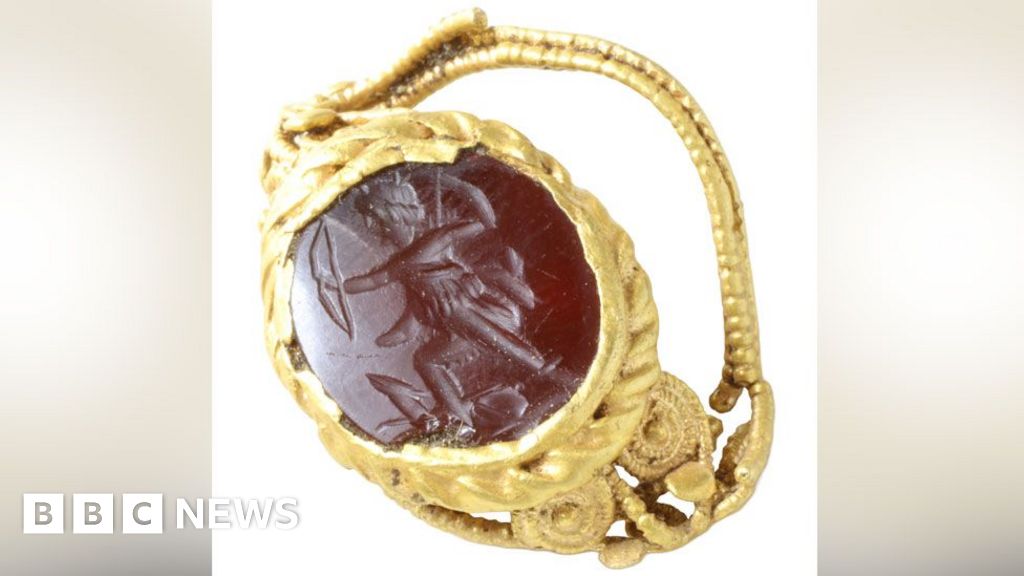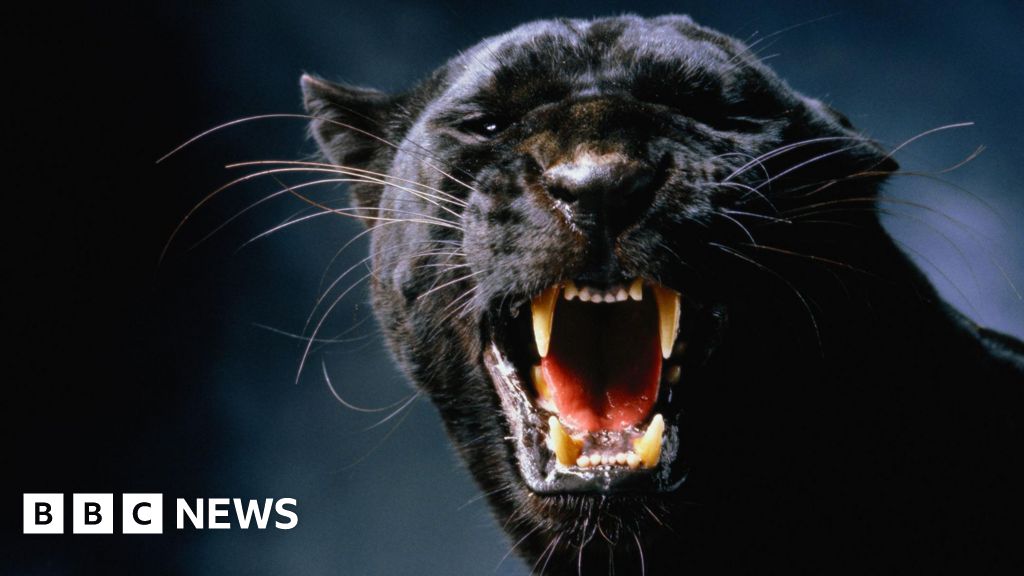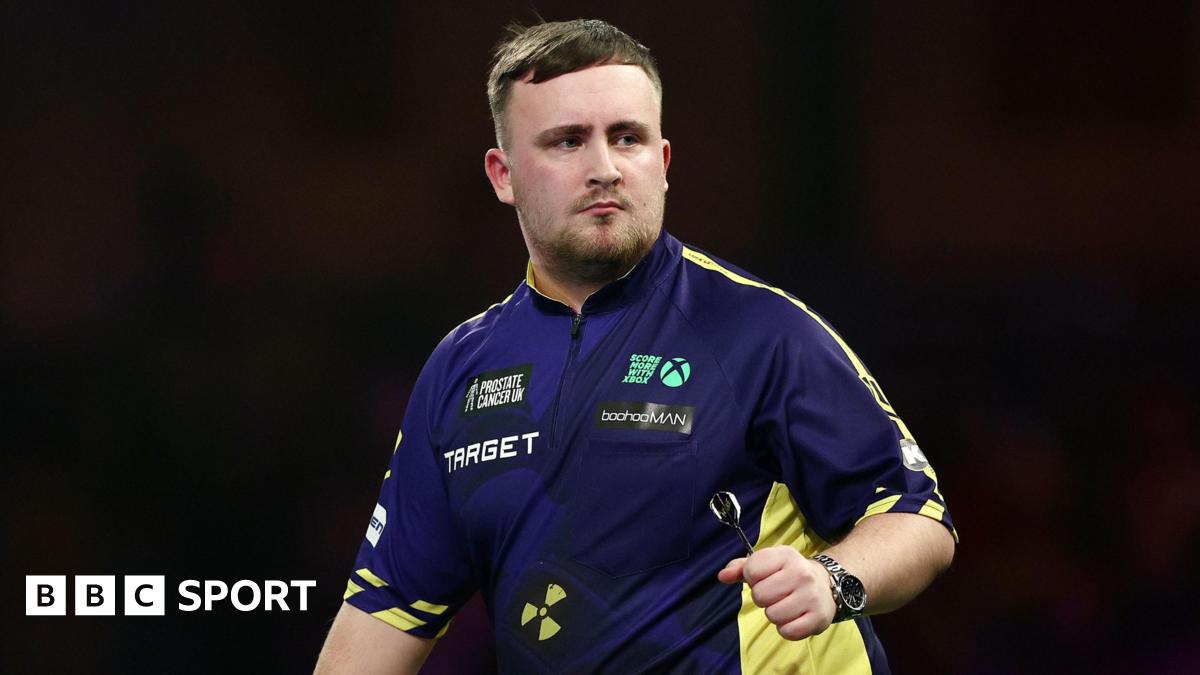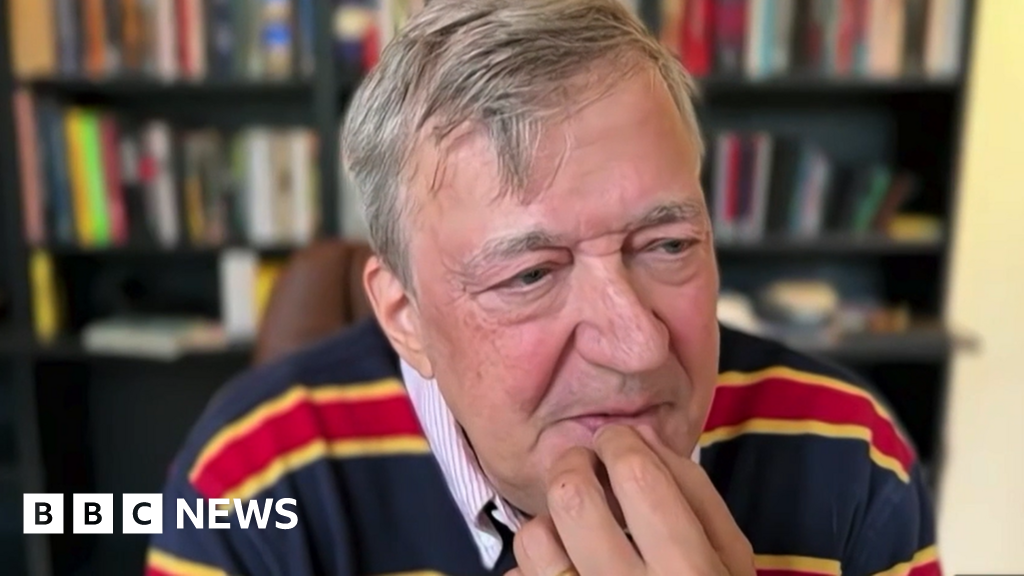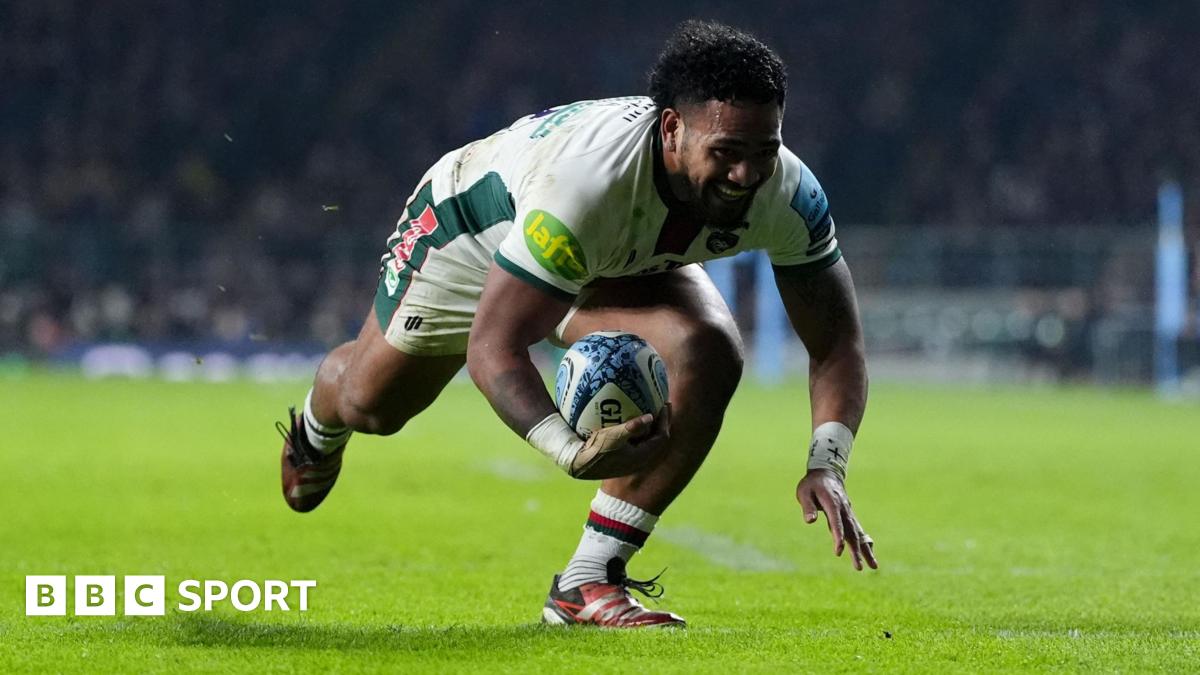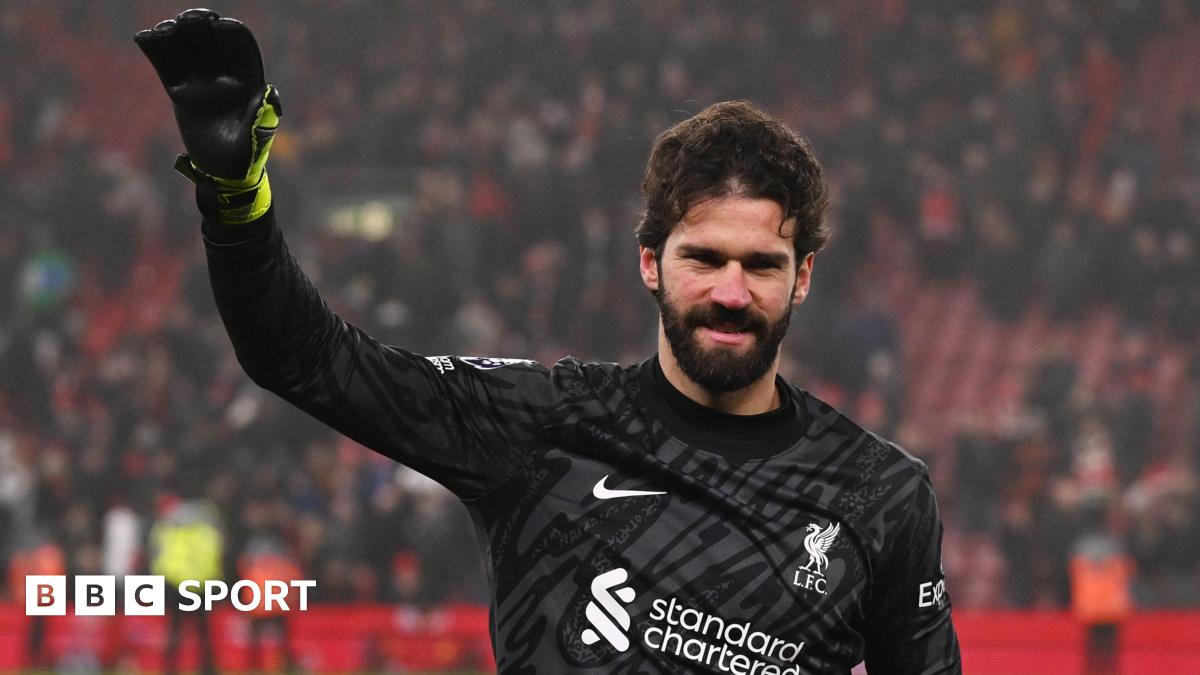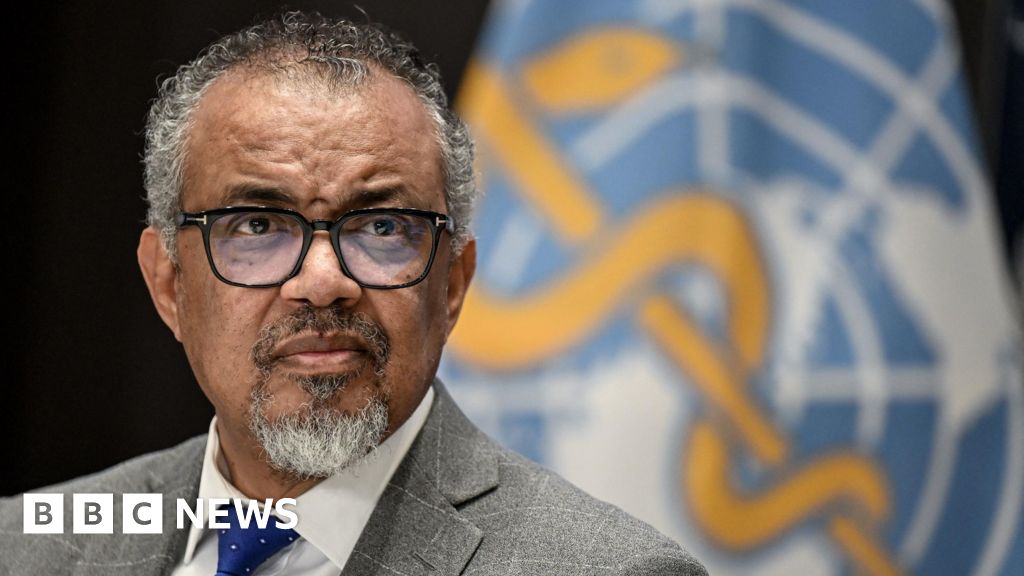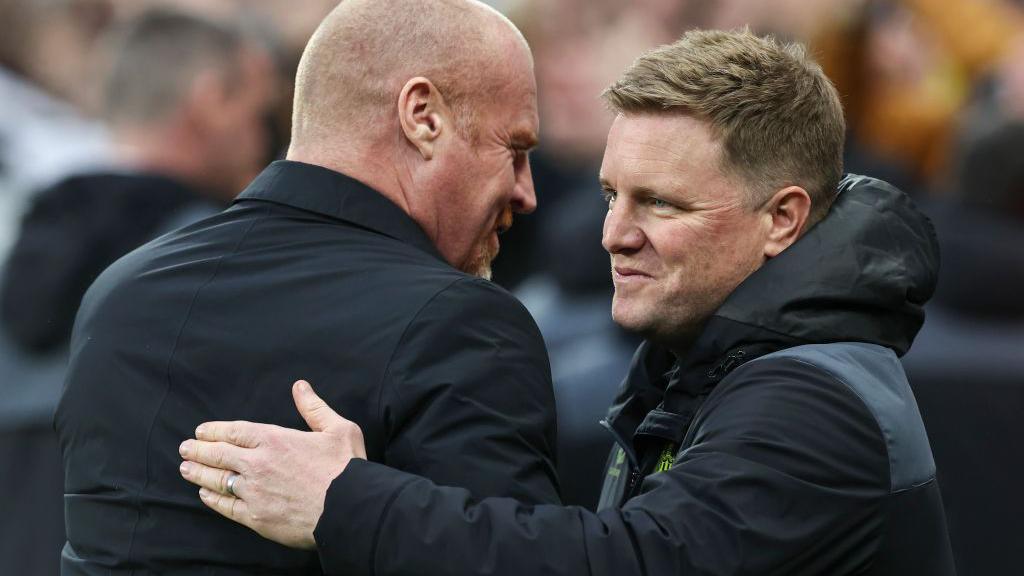 Image source, Getty Images
Image source, Getty Images
Sean Dyche and Eddie Howe, who have both managed Burnley, are the only English bosses left in the Premier League
Emlyn Begley
BBC Sport journalist
BBC Sport football news reporter
There are only two English managers or head coaches in the Premier League, a lower total than ever before.
Sean Dyche at Everton - whose job has been under pressure - and Eddie Howe at Newcastle are the two domestic representatives.
Ipswich's Kieran McKenna was born in England but raised in Northern Ireland, and he played for NI at youth level. Other than that, there are no managers from the British Isles in the English top flight.
Sacked Wolves boss Gary O'Neil and caretakers Ben Dawson (Leicester) and Simon Rusk (Southampton) are the only other English people to manage a Premier League match this season.
The lowest number of English bosses across a full Premier League campaign stands at six (in 2011-12, 2012-13 and 2023-24).
So what's going on - and how does it compare to what is happening in other countries?
Is the number dropping all the time?
In the first season of the Premier League, 1992-93, there was only one non-British manager - and that was Irishman Joe Kinnear at Wimbledon.
In the first four seasons, Ossie Ardiles was the only manager from further afield than Dublin.
As the list of English managers has plummeted, so too has the list of British bosses from 22 in that first season to eight in 2024-25 (all season, including caretakers).
The eight include the five English managers and caretakers, plus McKenna, Brighton-born ex-Scotland international Russell Martin and Welshman Steve Cooper.
The number has not dropped season by season - because in 2011-12 and 2012-13 there were only six English bosses - compared to 15 in 2022-23.
But in those 2011-12 and 2012-13 seasons the number of British managers was 17 and 15 respectively.
There are five Spanish and four Portuguese managers or head coaches currently in the Premier League, to the UK's three.
About 60% of the current EFL bosses are English.
"The Premier League is the toughest league in the planet and when say, for instance, if you're coaching in Portugal, Holland, Denmark, Belgium, these leagues are lesser than the Premier League, definitely, but the Championship as well," ex-EFL boss Michael Appleton told BBC Sport.
"A lot of the British coaches tend to be coaches that have been promoted into the Premier League. So the reality is, unless you're going to get massively financially backed from getting the jump from Championship to Premier League, you're going to be fighting to stay in the league.
"You don't get that recognition [in the EFL] as much as you would, as an example, if you overachieved in the [foreign] leagues I've spoken about.
"You've got a better chance getting an opportunity with a Premier League club than you have as a really good sort of Championship manager."
Why is this happening?
English coaches have to be 'more open to going abroad' - Brighton U21s boss Ruth
Everton boss Dyche, who has previously managed Watford and Burnley, was asked recently about the lack of British bosses in the Premier League.
"I have never felt any differently - if you are good, you are good and if you are not deemed good enough then you are not," he said.
"Results usually indicate that journey and the amount of foreign owners in the Premier League means it is no surprise you have a lot of foreign managers.
"It has never bothered me and if you are good enough to get the job you will get it.
"Unfortunately a couple of managers have lost their jobs. It is very difficult, I can assure you of that and I wish them well whatever comes next. Results are eventually what costs all managers, no matter where you are from on the planet."
So should English managers be looking at moving abroad - as their international counterparts often do?
The only English managers working in Europe's top leagues are Liam Rosenior at Strasbourg and Will Still, who was born and raised in Belgium and is in charge at Lens.
Appleton, who has spent his career to date in England, said: "It's almost a double-edged sword.
"Obviously if we can't speak the language, we're unlikely to get the opportunity and then, because we probably know that we're going to lack opportunities, we probably won't apply or put ourselves out there.
"The frustration is I don't see a Spanish or Portuguese or French, even some of the Scandinavian [clubs] taking British coaches as seriously as their own.
"That's probably a little bit down to the factor of how big the Premier League is and the quality of players that come over.
"It's almost like we've created a situation where, because of how big the Premier League is and how worldwide is it, it has been a bit of a detriment to some of the opportunities that British coaches need."
What can English bosses learn from foreign counterparts?
Appleton has managed Portsmouth, Blackpool, Blackburn, Oxford, Lincoln and Charlton in the Football League.
His Premier League managerial experience is down to two games, both wins, as Leicester caretaker in 2017.
He recalls a conversion he had at a League Managers' Association course with Portuguese Carlos Carvalhal, who managed Sheffield Wednesday in the Championship and Swansea in the Premier League.
"One of the things he said to me was, 'You just don't promote yourselves enough. You almost play it down. You don't tell people how good you are,'" Appleton told BBC Sport.
"I said it's not really our style but he said 'That's not going to get you jobs'.
"He said: 'I'll walk into a room and basically tell everyone how good I am and what I do and how amazing this is - whether I believe it or not - because I know it'll get me an opportunity.'
"It was fascinating because there were a few of us around the table, British lads thinking he's got a point, we don't talk about our success like some of the foreign coaches do."
How does it compare to other countries?
The Premier League with its 10% of English managers is an outlier in Europe's top leagues.
In Serie A 16 of the 20 managers are Italian (80%), with La Liga having 14/20 Spaniards (70%).
In Ligue 1 and the Bundesliga the totals are both 9/18 - so 50% domestic bosses and 50% foreign ones. That was before Union Berlin sacked Danish boss Bo Svensson on Friday - they are yet to name a replacement or caretaker.
How about title-winning managers?
Since the Premier League's formation in 1992-93 no English manager has won the title.
Howard Wilkinson, with Leeds, was the last to win the English title the season before.
Four Italians have won the Premier League as a manager - plus two Scots (including 13-time winner Alex Ferguson).
Managers from France, Portugal, Chile and Germany have won it too.
Harry Redknapp, with Portsmouth, was the last English manager to win a major trophy with a Premier League team - the 2008 FA Cup. Steve McClaren won the Dutch title with Twente in 2010.
The last time an English manager even finished second in the Premier League was 1996 - Kevin Keegan's Newcastle.
But in other countries it is a very different equation.
Since 1992, Jose Mourinho - twice with Inter Milan - and Sven-Goran Eriksson with Lazio are the only non-Italians to win Serie A.
Some 24 Bundesliga titles have been won by Germans in that time and 23 Ligue 1 titles by Frenchmen.
In Spain, 14 of the last 32 titles have been won by Spaniards.
Italy's Carlo Ancelotti has won the title in all five of these countries in that time.
Also, English coaches have only overseen 75 games in the Champions League - compared to over 1,000 by Italians.
How does it transfer to international level?
And this extends to international level too.
England are on their third foreign manager in Thomas Tuchel - after Sven-Goran Eriksson and Fabio Capello - all since the year 2000.
No other World Cup-winning nations have had that many in living memory.
Germany have never hired a foreign coach, while Argentina's last one was in 1934.
Brazil's last was in 1965 and Italy's only foreign boss was appointed in 1966.
France last had a foreign coach in 1975. Spain have never had a truly foreign boss - with several dual nationals taking charge, most recently Jose Santamaria - who played for Uruguay and Spain - in 1982.
Uruguay have only appointed two foreign managers, including current boss Marcelo Bielsa.
Are there more foreign players too?
A foreign player majority is now common in most of Europe's top leagues.
Only 33% of Premier League players this season have been English (163/493).
But in Serie A Italians only total 34%, with French players at 37% in Ligue 1 and 43% of players being German in the Bundesliga.
So England is not as far behind on players as with managers.
However, in La Liga, 60% of players are Spanish.
How about club owners?
Domestic ownership is another area where the Premier League differs to its rivals.
Five of the 20 Premier League teams are owned by English people or companies. More are owned by Americans.
"A lot of the owners now are foreign owners, they're not your local businessman done well," said Appleton.
"I think that does play a part because when you've got foreign ownership a lot of the deals are done by foreign agents who have certain coaches and managers they represent.
"If they've got a really good relationship with the ownership, then there's obviously a better opportunity for foreign managers and coaches to get opportunities."
France is similar in terms of domestic ownership, with six out of 18 clubs in French hands.
But in Spain, 15 of the 20 teams are Spanish-owned - and in Italy it is 10 out of 20.
Technically all 18 Bundesliga teams are German-owned because of the league's 50+1 rule which means members must have a majority share in the club.
But most of RB Leipzig's members are linked to Austrian company Red Bull, who set up the club.

 17 hours ago
5
17 hours ago
5
